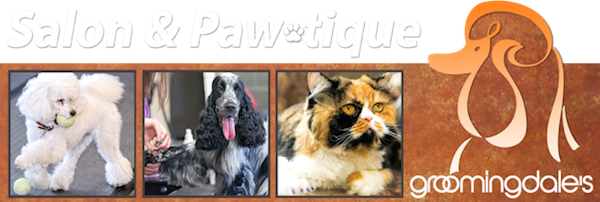Depending on the circumstances dog barking is both a welcome or unwelcome sound. A dog is going to bark for any number of reasons; it’s a dog’s way of communicating. A dog may bark when he or she is excited—happy or nervous—or when he or she is acting on protective instincts. But not always is this behavior entirely welcome, and in cases where dogs live in a place such as an apartment then barking, regardless of the reasons, may be an unwelcome sound for both the dog’s owner and neighbors alike. But how do you stop a dog from barking? While there isn’t any one way to prevent a dog from acting instinctually—sometimes, if a dog has high protective instincts it can be all but impossible to break the dog of some barking habits.
Some types of dog barking are more of a product of problematic behavior than anything; consider the dog who barks unnecessarily at people, or who “sport” barks at other dogs. To curb these problematic behaviors, you can gently close the dog’s mouth with your hand and give him or her the command “no”. Do this—very gently—every time your dog exhibits the behavior until the dog understands. At first, the dog may think your hand over his or her muzzle is uncomfortable, or maybe he or she will think you’re engaging in some type of new play with him or her. Remember that persistence will pay off.
In the case where the dog’s intensity to bark is too great for a verbal command, you’ll need to break the “spell” of his or her excitement. Consider providing him or her with a distraction.
Sometimes just changing the dog’s direction, physically moving him or her, can be enough to break the spell of excitement; at least break the spell for long enough that the dog can hear you give the command “no”.
Remember, if you’re trying to change a dog’s behavior then the only way to get results is to be persistent. Ignoring just one instance of undesirable behavior can undo weeks of training.






